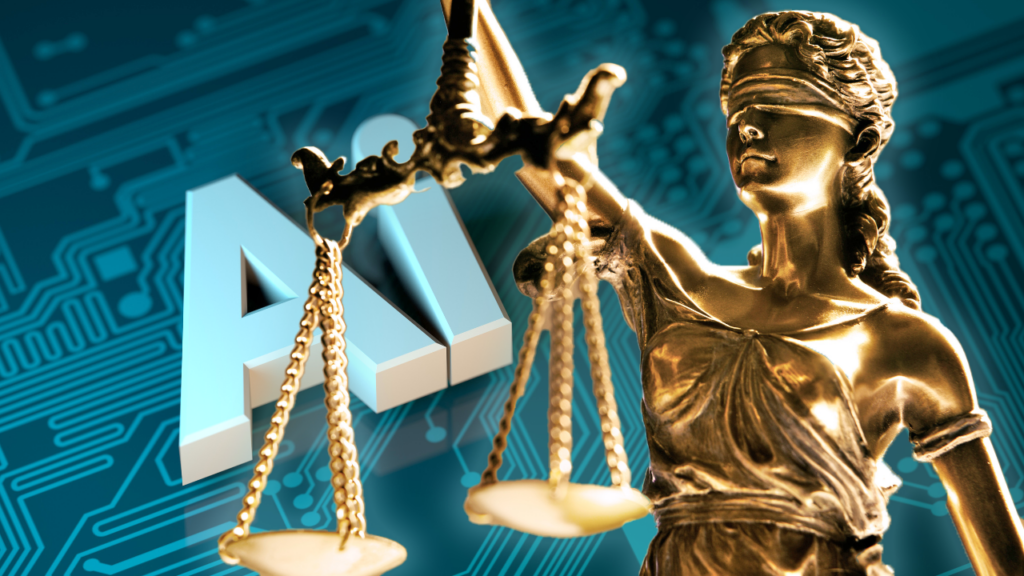After a three-hour Senate session on artificial intelligence, Elon Musk, the CEO of several major businesses, outlined the serious dangers associated with AI.
“There’s a chance that AI will kill us all; it’s above zero.” Musk told reporters, “I think it’s low, but there’s some chance.” “There are dire consequences when AI is done incorrectly.”
And yet he said, the meeting “may be remembered as a turning point in the history of civilization.”

Senate Majority Leader Chuck Schumer convened a meeting that included over 60 senators, prominent tech CEOs, and representatives of civil society. As the Senate gets ready to draft laws to regulate the rapidly developing artificial intelligence industry, the first of nine sessions tries to build agreement. The CEOs of IBM, Nvidia, OpenAI, Google, and Meta were present in the group.
When asked if the federal government should regulate AI, every attendee raised their hand, signaling “yes,” Schumer told reporters on Wednesday afternoon. However, delegates reported that agreement on the nature of that position and the substance of the law remained elusive.
AI has the ability to feed the hungry, according to Bill Gates, while an anonymous participant demanded that tens of billions be spent on “transformational innovation” to fully realize the potential of AI, according to Schumer.

Congress will have to balance advancing these advantages with reducing the social hazards associated with AI, which include the possibility of technology-driven prejudice, challenges to national security, and even “civilizational risk,” as Elon Musk, the owner of X, put it.
According to Schumer, who arranged the first of nine meetings, “you want to be able to maximize the benefits and minimize the harm.” “And that will be our challenging task.”
After the discussion, senators reported having heard a wide range of viewpoints. Labor union officials brought up the problem of job displacement, while leaders of the civil rights movement emphasized the necessity for an inclusive legislative process that gives voice to the weakest members of society.
The majority, including Democratic Sen. Maria Cantwell of Washington, agreed that AI could not be left to its own devices.
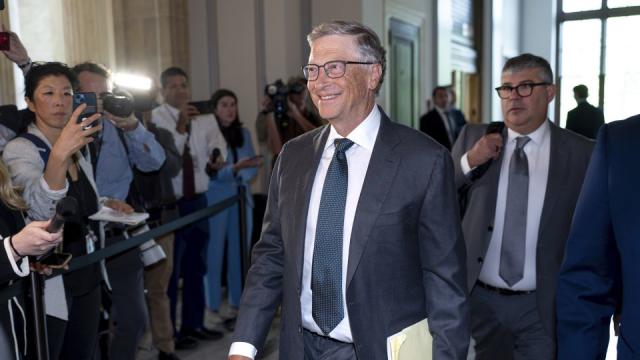
“In my opinion, Microsoft’s Satya Nadella said it best when he said, ‘We shouldn’t be thinking about autopilot when it comes to AI.'” There must be copilots for you. Who will oversee this task and ensure that it is completed appropriately, then?
Other areas of agreement, according to Cantwell, represented longstanding concerns of the tech industry, like boosting federal funding for R&D and encouraging skilled immigrants and education.
She did note, however, that there was a conspicuous absence of participation on some of the most challenging issues, including whether a new federal body is required to regulate AI.
“That was not discussed,” the speaker clarified, despite the fact that some attendees had brought up the idea of giving the Commerce Department’s National Institute of Standards and Technology more supervisory authority.

Following the event, Musk told reporters that he believed the establishment of an independent organization to oversee AI was inevitable.
Schumer stated, “With AI we can’t be like ostriches sticking our heads in the sand,” according to prepared remarks that CNN was able to obtain. This is “a conversation never before seen in Congress,” he added.
The drive is a reflection of lawmakers’ growing awareness of the potential for artificial intelligence, especially the generative AI made popular by platforms like ChatGPT, to disrupt business and daily life in a variety of ways. These include boosting commercial productivity and endangering jobs, intellectual property, and national security.
Just before 10 a.m., the famous visitors started to arrive. Mark Zuckerberg, CEO of Meta, stopped to speak with Jensen Huang, CEO of Nvidia, outside the Kennedy Caucus Room in the Senate Russell office building. Sen. Chris Coons, a Democrat from Delaware, and Google CEO Sundar Pichai were spotted cuddling up together, while Elon Musk, the owner of X, waved to the crowd and sped by the throng of cameras. Inside, Musk and Zuckerberg were sat at opposite ends of the room. This was probably the first time the two men had shared a room since they started teasing each other about getting into a cage fight months ago.
The tech sector also had its best chance to date to influence how lawmakers draft legislation governing AI during the session at the US Capitol in Washington.
A number of businesses have already made their own detailed plans available in blog posts and white papers that include levels of testing, openness, and oversight. These businesses include Google, IBM, Microsoft, and OpenAI.
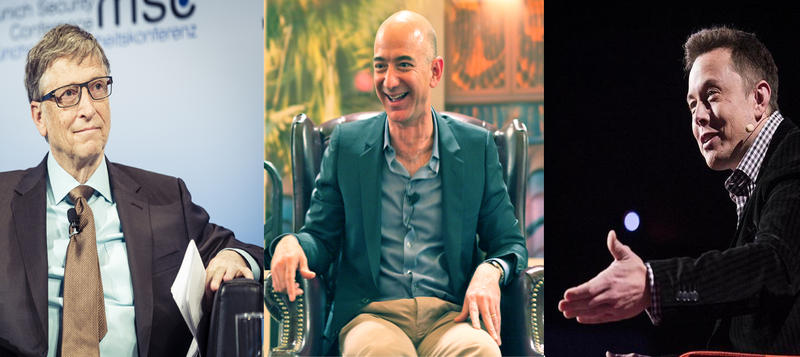
Arvind Krishna, the CEO of IBM, contended during the discussion that dangerous applications of AI should be governed by US policy rather than merely the algorithms.
His planned remarks stated, “Regulation must account for the context in which AI is deployed.”
Make a regulatory call
Before, executives like Sam Altman, the CEO of OpenAI, dazzled some senators by openly advocating for new regulations at an early stage of the industry’s development. This stands in stark contrast to the social media sector, which has opposed regulation.
Schumer’s guest list “might not be the most representative and inclusive,” but Clement Delangue, co-founder and CEO of the AI startup Hugging Face, tweeted last month that he would try “to share insights from a broad range of community members, especially on topics of openness, transparency, inclusiveness and distribution of power.”
Concerns regarding the potential risks of AI have been raised by civil society organizations. These include the possibility that algorithms that are not well trained could unintentionally discriminate against minorities or that they could consume the copyrighted works of authors and artists without authorization or payment. Regarding those assertions, some authors have sued OpenAI, while others have requested payment from AI businesses in an open letter.
Several content creators, including news publications like CNN, The New York Times, and Disney, have prohibited ChatGPT from utilizing their work. (OpenAI has stated that its training of huge language models is subject to exceptions like fair use.)
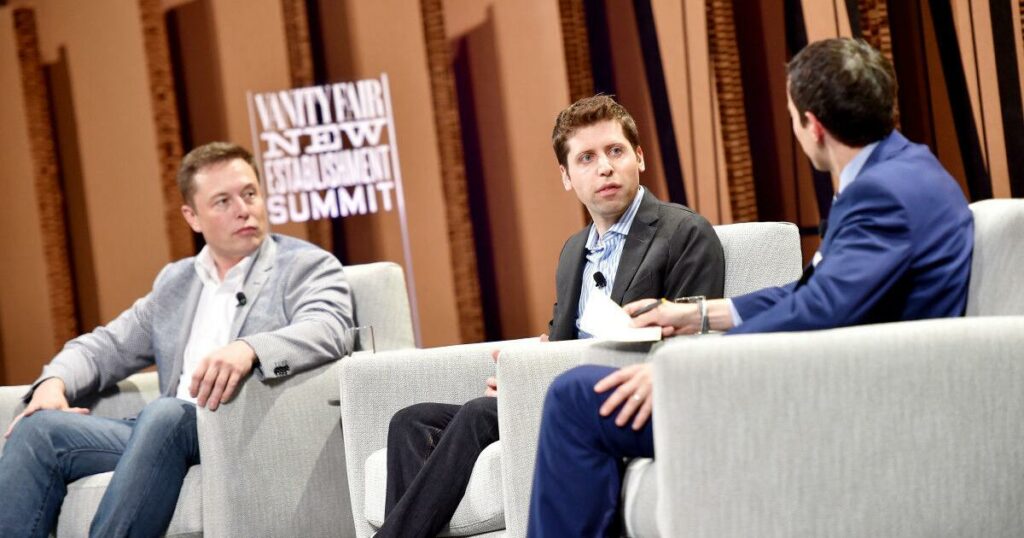
Maya Wiley, president and CEO of the Leadership Conference on Civil and Human Rights, stated, “We will work hard to ensure that it’s a truly democratic process with full voice, transparency, accountability, and balance. And that we get to something that actually supports democracy, supports economic mobility, supports education, and innovates in all the best ways and ensures that this protects consumers and people at the front end — and just not try to fix it after they’ve been harmed.”
The worries are a reflection of what Wiley called “a fundamental disagreement” with internet corporations regarding the way social media platforms manage material that either incites violence or is nasty or false.
Randi Weingarten, president of the American Federation of Teachers, stated that America cannot err with AI the way it did with social media. She added in a statement, “We failed to act after social media’s damaging impact on kids’ mental health became clear.” “AI must complement educators, not replace them, and extra precautions must be taken to protect students from harm.”
Formulating policies
As the Senate’s AI leader, Schumer will be navigating these conflicting interests along with three other senators: Republican Sen. Mike Rounds of South Dakota, Democratic Sen. Martin Heinrich of New Mexico, and Republican Sen. Todd Young of Indiana. To bring senators up to date on the technology, Schumer hosted three informational sessions earlier this summer. One of the sessions was a classified briefing where US national security personnel gave presentations.

Prior to starting to work on legislative ideas, lawmakers must complete the next round of their education on the subject, which began with the meeting with organizations and tech executives on Wednesday. When Schumer first announced the series in June, he stressed the importance of taking things slowly and openly, admitting that “in many ways, we’re starting from scratch.”
He stated that Congress had never dealt with AI previously, pointing out that the subject is unrelated to labor, healthcare, or defense. “Even the questions that policymakers should be asking are unclear to experts.”
Rounds stated that Senate committees will be responsible for defining the precise parameters of regulations. After holding further sessions, Schumer stated that the objective is to draft legislation over “months, not years.”
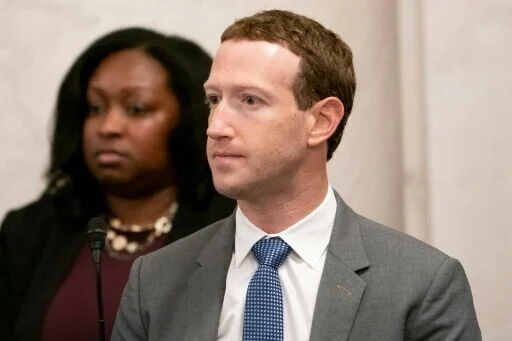
“We’re not prepared to draft the regulations now. “We’re not present,” Rounds declared. “That’s the main purpose of this.”
Legislation aimed at regulating the AI sector in different ways has already surfaced on Capitol Hill, but Schumer’s initiative is part of a larger attempt to unify Congress’s legislative agenda.
Additionally, voluntary promises made by a few AI businesses to the Biden administration earlier this year to guarantee that their models be subjected to outside testing prior to public release may be strengthened by new regulations pertaining to AI.
However, the European Union, which is anticipated to finalize a comprehensive AI law by year’s end that could forbid the use of AI for predictive policing and restrict its application in other contexts, is expected to move forward with its legislative agenda months ahead of US lawmakers, who are preparing to legislate through meetings with industry and civil society groups.
Senate criticizes AI forum
A pair of US senators from both parties harshly condemned the meeting, claiming that it is unlikely to yield any outcomes and that it falls short in addressing the risks AI poses to society.
Sens. Richard Blumenthal, a Democrat from Connecticut, and Josh Hawley, a Republican from Missouri, both talked with media outside of the meeting. Unlike what was going on behind closed doors, the two MPs said that their recently introduced legal framework for artificial intelligence shows a real attempt to control AI.
Blumenthal stated, “This forum is not intended to produce legislation.” “Legal action will be produced by our subcommittee.”
Blumenthal continued, saying that the framework might result in a draft bill by the end of the year. The framework calls for the creation of a new independent organization to oversee AI development, as well as a licensing system for AI development and the possibility for individuals to sue firms for abuses caused by AI.
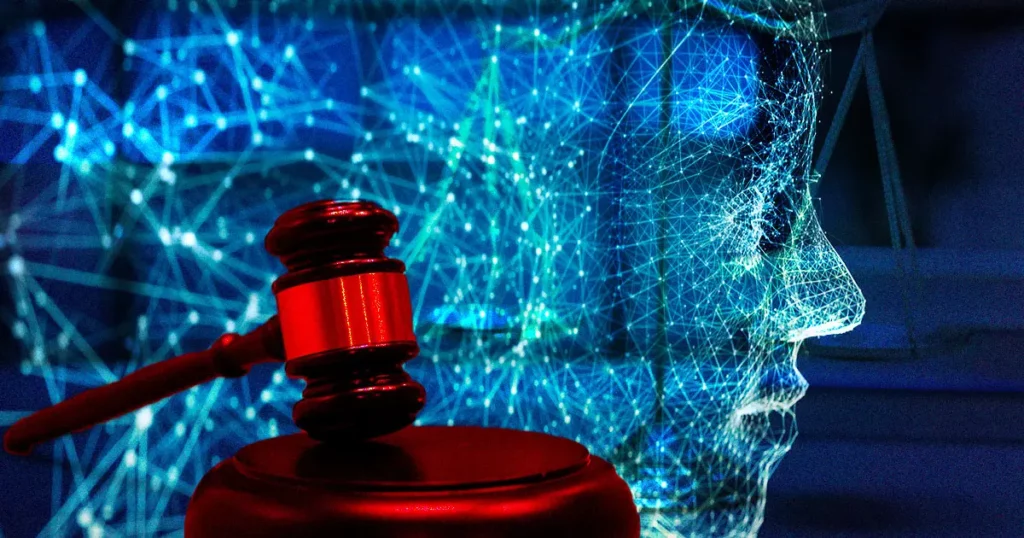
Blumenthal declared, “We need to follow the path taken for drug safety, medical device safety, automobile safety, and airline safety.” “The safety of AI is no different—possibly even more dangerous.”
Hawley criticized the fact that the discussions were private and referred to them as “a giant cocktail party” for the IT sector on Wednesday.
“It is perplexing why we would invite the world’s largest monopolists to provide Congress with advice on how to increase their profits, only to shut the meeting down on the general public,” Hawley remarked. “Well, that’s just a bad idea. The same individuals who destroyed social media are behind this.
Hawley pointed to a number of significant tech proposals from the previous Congress that were never brought to a Senate floor vote, demonstrating how Schumer, despite his strong language on technology, has moved very slowly on the legislation.

According to Hawley, “it’s kind of like antitrust the last two years.” “He discusses it all the time without taking any action. It seems to me that there is a lot of song and dance to mask the reality that nothing is really progressing. I hope I’m not correct about it.
Hawley is also a co-sponsor of a bill that Minnesota Democratic Sen. Amy Klobuchar presented on Tuesday that would restrict the use of generative AI to produce misleading political advertisements. Sen. Susan Collins, a Republican from Maine, and co-sponsors Klobuchar and Hawley said the bill is necessary to prevent artificial intelligence from influencing elections.
Sen. Elizabeth Warren, a Democrat from Massachusetts, claimed that the summit’s scope was constrained.
The executives and leaders of civic society, according to Warren, “are sitting at a big, round table all by themselves,” while the senators all sat, paid attention, and refrained from asking questions. “Rather than having everyone agree that safety and innovation are necessary, let’s actually put something tangible on the table.”
According to Schumer, the purpose of keeping the discussion private was to allow senators to hear from outside sources in a “unvarnished way.”
Download The Radiant App To Start Watching!
Web: Watch Now
LGTV™: Download
ROKU™: Download
XBox™: Download
Samsung TV™: Download
Amazon Fire TV™: Download
Android TV™: Download

